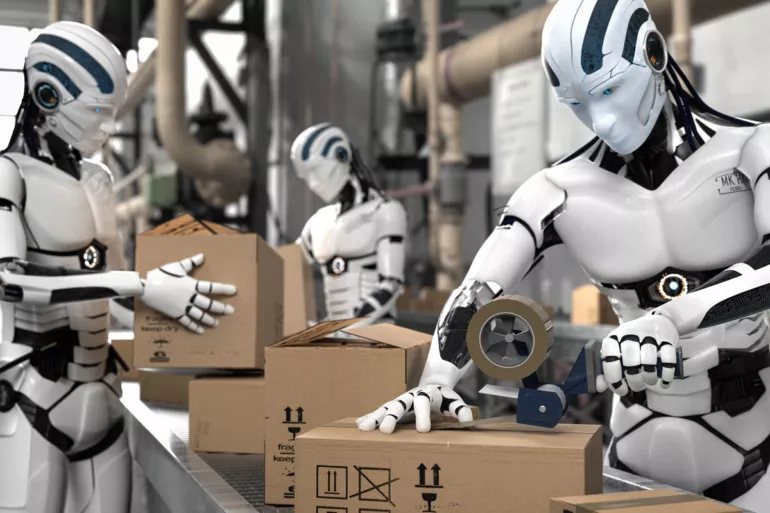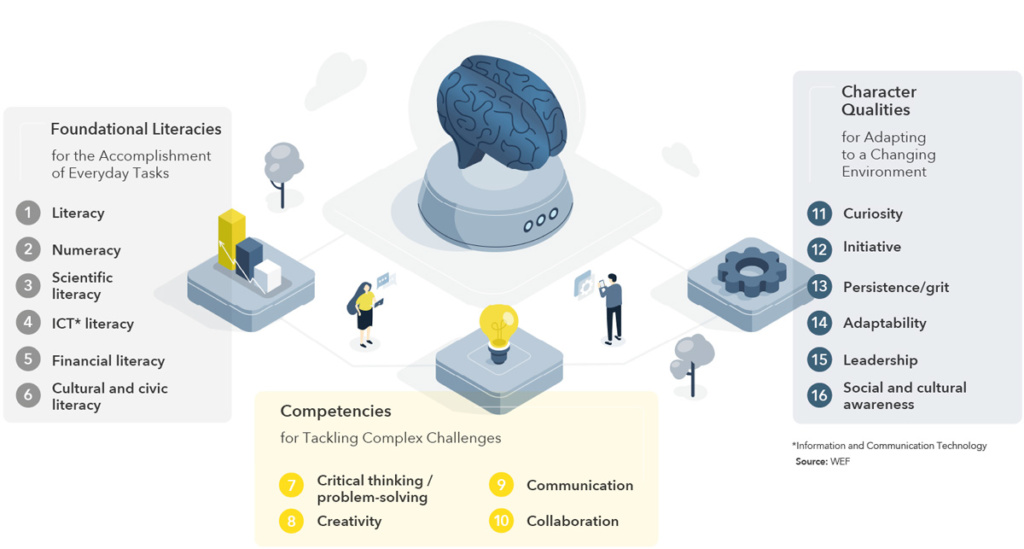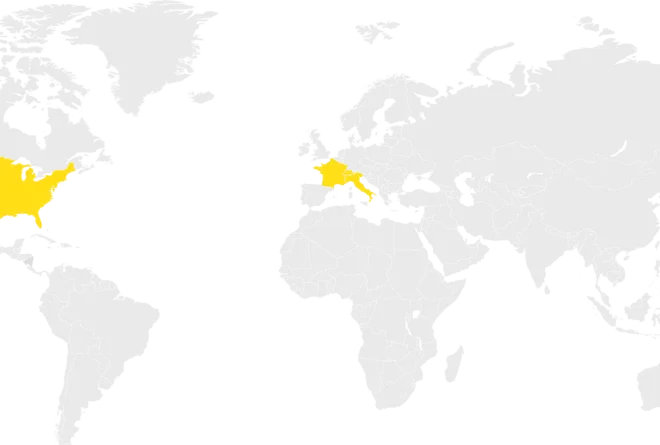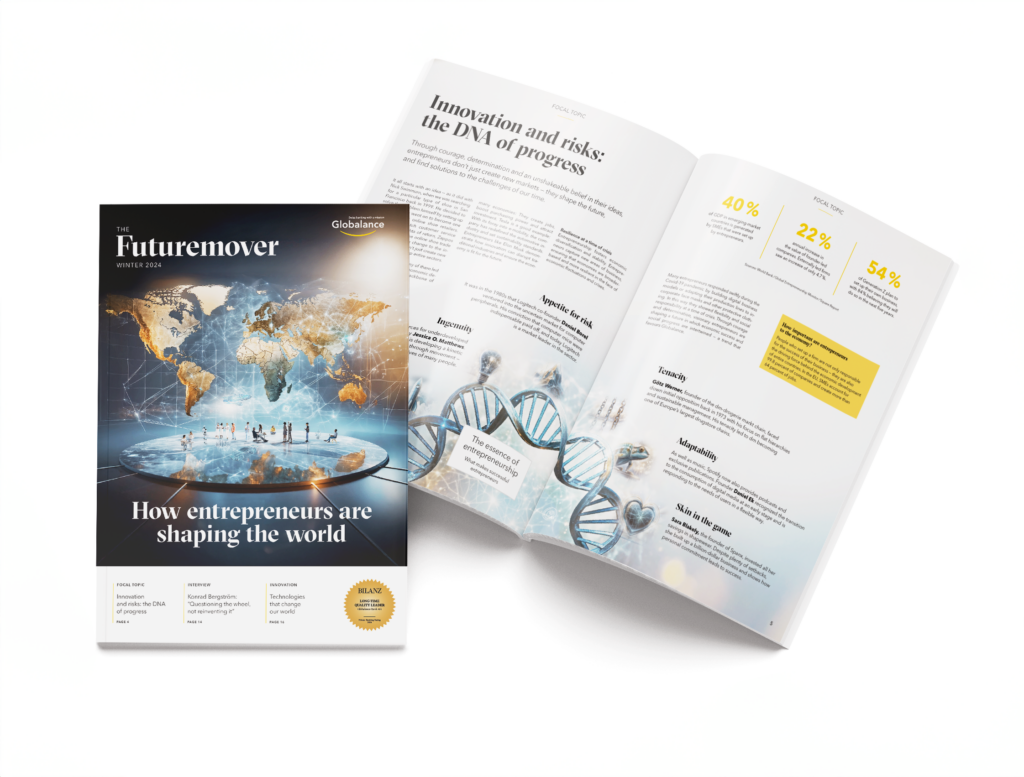News & Trends
Human or Machine

New Skills for a New World
Artificial intelligence and machine learning are the chiefs of the digital revolution. Due to increasing automation, skill profiles are changing and the overwhelming majority of today’s workforce will need to develop new skills. In the future, companies will need people with the skills of tomorrow.
The fourth industrial revolution isn’t just knocking on the door — it already has one foot in it. The “most wanted jobs” in many branches of industry are not even ten years old. The merry-go-round of change will turn even more rapidly — 65 percent of schoolchildren will have a job that doesn’t even exist yet. In the USA and Europe the demand for manual skills for repetitive work will decline by almost 30 percent over the next decade. While the demand for technological skills is expected to increase by more than 50 percent, the demand for basic literacy skills is expected to decrease by 20 percent. The work of the future will also urgently need soft skills. So, complex cognitive aptitudes as well as highly-developed social and emotional skills are required. Pronounced initiative, leadership qualities and entrepreneurial spirit are welcome.
Investment in Employees
It is also up to the companies to introduce retraining and further training. Walmart, for example, is investing USD 4 billion to help front- and back-office employees transition to new roles. Amazon will spend USD 700 million on technology training to help employees make the transition to higher-skilled jobs by 2025.
Education Systems of the Future
The question must be whether our education systems are sufficiently focused on progress in the fields of artificial intelligence (AI), robotics, biotechnology and clean energy? Are students sufficiently encouraged to think critically about science, technology and innovation?
Skills of Tomorrow
Mathematics, computer science, natural and Engineering science and technology (STEM) will be in high demand in the coming years. According to the OECD Future of Education and Skills 2030 Project, the link between STEM and skills such as critical thinking, teamwork and intercultural awareness will form the foundation of tomorrow. These qualifications prepare young people for future professions that do not exist today. The educational system will be the architect of this reconstruction and accordingly the building system must be radically rethought and the cornerstones of it must be redefined.
65 % of our children will have a job that does not exist today.
But what skills will it take to be in demand as an employee in the next decade?

STEM training requires cost-intensive laboratory equipment for research and experiments. Some students, however, lack adequate equipment and the skills to manage their own learning. It will be essential to develop creative ways to ensure that young people of all socio-economic backgrounds are able to access research-based learning at home. Lab4U addresses this challenge and uses smartphone sensors to design and conduct scientific experiments — a “portable lab for the trouser pocket”. Further software solutions for virtual laboratories and experiments include the PhET (Physics Education Technology) simulations of Nobel Prize winner Carl Wieman and the free online platform LabXchange run by Harvard University. Investments in education, science and technology must be coordinated so that young people develop the skills of the 21st century early on and are prepared for a changing future.



